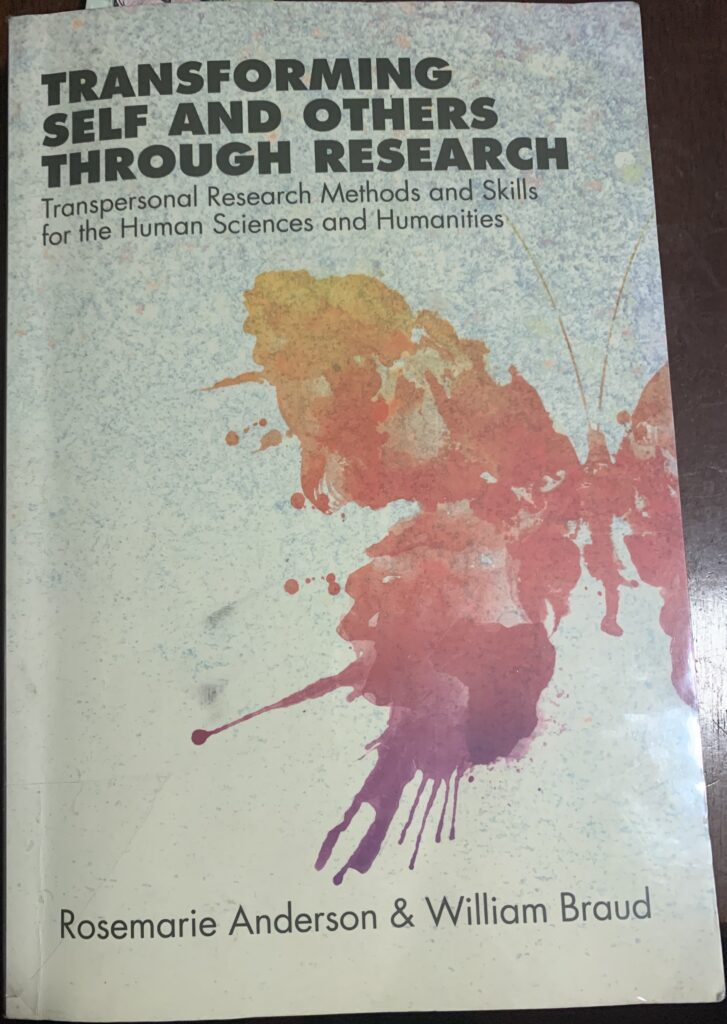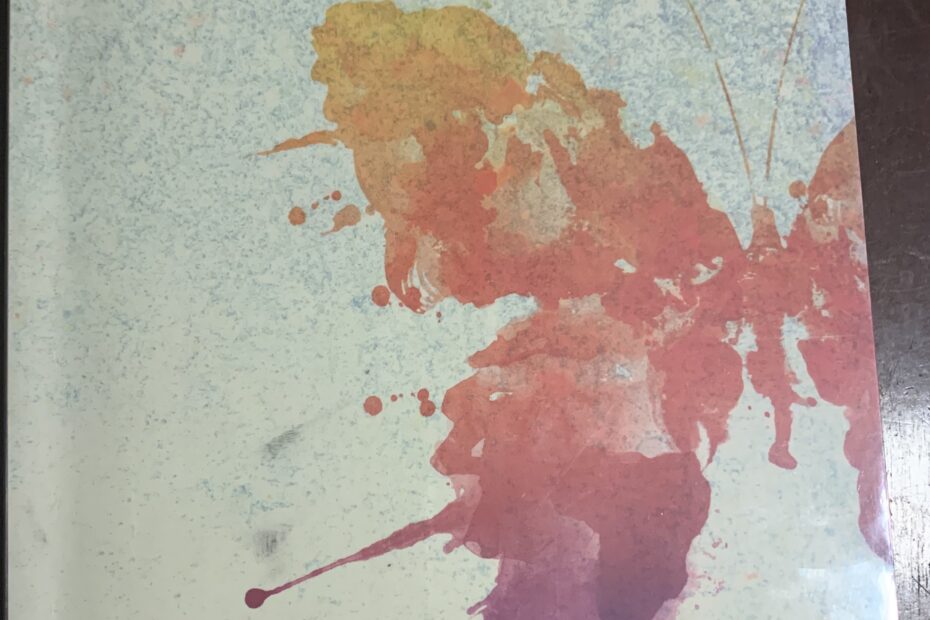
Discussion post I submitted for my Atlantic University TP5015 Course – October 18, 2019
1) What stood out as significant to you in both or one of the approaches?
Research studies are traditionally very left-brain oriented with strict protocol against anything that’s viewed as “subjective.” It requires double-blind studies, control groups, and these types of studies go to great lengths to remove as many variables as possible. In the process, however, intuition and other “non-science” tools are eliminated from the process.
Through Anderson’s Intuitive Inquiry and Braud’s Integral Inquiry, the researchers aren’t seeking to replace the scientific approach to research, they are greatly expanding its potential. As Anderson notes, “Methodologically, intuitive inquiry [and the same can be said for integral inquiry] does not replace linear, left-brain attributes with imaginal, right-brait attributes. Rather, in the union of [conventional] masculine and feminine perspectives, the method seeks to balance structure and flexibility, exterior and interior reason and emotion, thinking and feeling, discernment and holism’ (Dorit Netzer, pers. comm.)” (2011, p. 16).
The researchers’ expansion of research methodology to include more intuitive or feminine approaches is what I found most significant.
2) How do these methods fit into Creswell & Creswell’s outline of the philosophies underlying qualitative and mixed methods research?
Creswell & Creswell philosophy regarding qualitative researchers involved is that they’re “constructivist, transformative and/or pragmatic,” as presented by our Mentor Rachel Mann in her TP5015 Week 3 write-up. She then quotes the authors to further illustrate the point: “‘These meanings are varied and multiple, leading the researcher to look for complexity of views rather than narrowing meanings into a few categories of ideas” (2018, p. 8). Regarding the authors’ philosophical review of mixed methods researchers, she notes that they are independent, not rigid in approach, and “are not wedded to an idea of unity, but rather to diversity of truth and experience” (2019, Week 3 Summary).
Intuitive Integrity and Integral Integrity both lend themselves to Creswell & Creshwell’s description of qualitative and mixed methods research. These innovative approaches require out of box thinking. And the more “diversity of truth” that’s allowed – truth that comes through elements of humans beyond just their critical mind such as intuition – the more complete a picture will be discovered regarding topics researched.
3) Consider Anderson & Braud’s five types of intuition and reflect upon which ones most relate to your own style. Discuss how your intuition might contribute to your development of a research project.
In reflecting on Anderson & Braud’s 5 types of intuition, I am clearly most interested in the second one they list, Psychic or parapsychological experiences (2011, p. 23). This is a fairly recent development as I hadn’t put much stock in this type of phenomenon before. This year, in particular, I’ve moved further and further in this direction. It began with a mediumship class I attended in January, which is where I discovered Edgar Cayce (leading me to this program) and where I first heard of Arthur Findlay College (AFC). As I mentioned previously, I attended a week-long course at AFC at the end of September.
As I proceed further with this class in particular, and my future work in transpersonal psychology, first researching in more depth the types of psychic and parapsychological that exist, and how I can tap into them, will be important to me. Once I get a better handle on what they entail, hopefully, I’ll be able to integrate them into my future research and work.
4) What area of personal growth in your life might be a topic you could explore?
My spiritual journey – and it’s been quite a journey – is still predicated on me attempting to discover my soul’s true purpose. I’ve have been down a number of rabbit holes to try to answer this question. I learned this year in particular that part of the answer to the question of my soul’s purpose is learning to appreciate the journey itself.
I’m curious and inquisitive, so learning about how things really work and how we humans are part of a much larger Universe is in itself assuaging some of this desire to learn. There is still more to be done, however, and I’m not comfortable with where I am currently with my life. But then again, who is! I believe once you get too comfortable and stop searching is the point where the journey of life comes to an end…at least for me anyway.
5) What creative ways might you consider engaging in research?
For me, this is a two-step process. Since returning from AFC, where I had a reading done, I’ve had a real desire to learn about my spirit guides. I’m a communications professional and have recently embarked on learning videography. The psychic who did my reading said one of my spirit guides is the famous Hollywood film pioneer and director Cecil B. DeMille. Apparently, there are others as well, and despite some attempts, I haven’t yet been able to contact any of them.
So step one is for me to engage in a research effort that will help me understand the process of getting in touch with spirit guides from those who are in touch with theirs. I’ve been told it’s like everything else in life in that it takes practice and patience unless you’re naturally gifted.
Step two, if I successfully engage my spirit guides, is to learn directly from them all the burning questions I have flying around my head. Like, what’s my soul’s purpose! I’d also like to get input from famous people throughout history who have passed over even if they’re not one of my spiritual guides so I can learn from their perspectives.
References
Anderson, R. & Braud, W. (2011), Transforming self and others through research: Transpersonal research methods and skills for the human sciences and humanities, University of New York Press: Albany, NY
Creswell, J.& J.D. (2018), Research design, Sage Publications: Oaks, CA.
